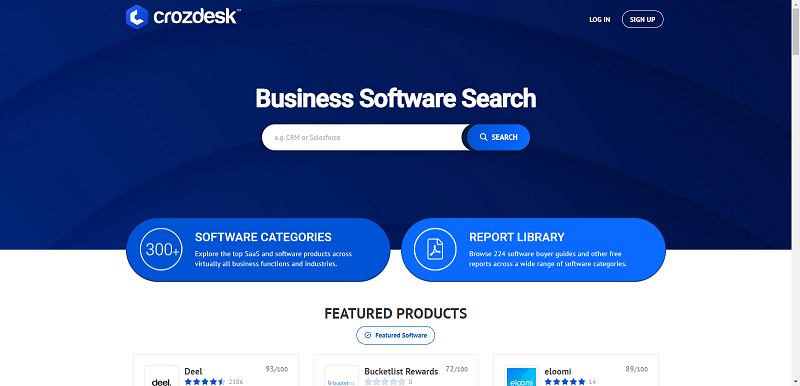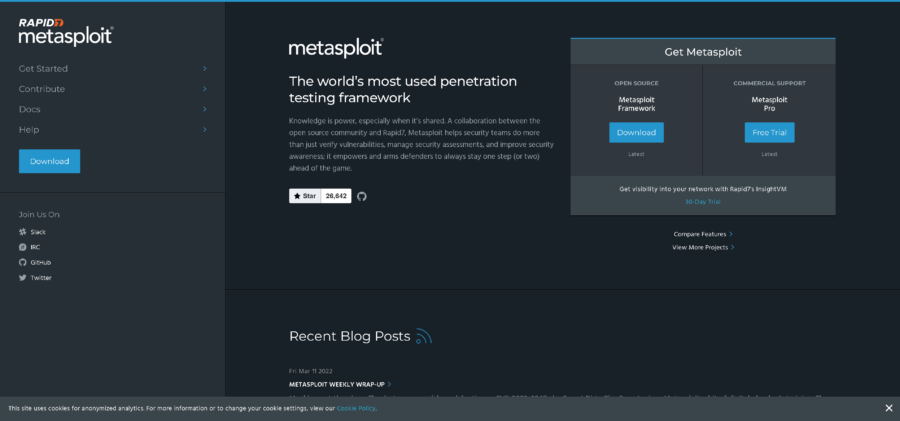Cloud computing is the latest trend when it comes to efficient data storage that is easily accessible and portable. Think of a LAN with a single server between hosts of computers. Now think of a grand-scale LAN where not only operational data is shared but also the user information is shared; this is the concept of cloud computing.
This may sound highly lucrative especially for Database Management since it provides almost instantaneous accessibility with real time data-handling capabilities. It allows the user to have unlimited data storage capability without having the actual hardware. All you need is a data connection and you are good to go. There are, however, some critical downsides to this technology that limit its scope of growth significantly.
Data security is the main concern when it comes to cloud hosting. All the data is stored over a common server with inadequate security protocol. Data security has become such a great issue that most of the corporate giants have chosen to keep their data stored on their local servers rather than giving it away. Think of a cloud as a group of people that you know. Once you release a secret, it is bound to spread throughout the group. There has been a recent security breach in the data of “Box”. The only reply they got from the cloud service provider was that the company is not responsible for any loss of data; it is only responsible for data storage. This is the same as saying, “you can save your money in my bank but I cannot guarantee they will be there when you need them.
A very disturbing outcome of lowered security protocols is the increased chances of identity theft. This means that no data is secure over the Internet, including ID card details, bank data financial records, or credit history. This leads to a terrifying string of events where bank accounts become insecure and where it becomes easier for online criminals to act.
A consequence of cloud storage is that the data is inaccessible to you most of the times when you are not using it. This gives you less control over your data. Since the data has become “mobile,” you can access only the part which you wish to use. The rest of your data is beyond your reach.
By Walter Bailey





